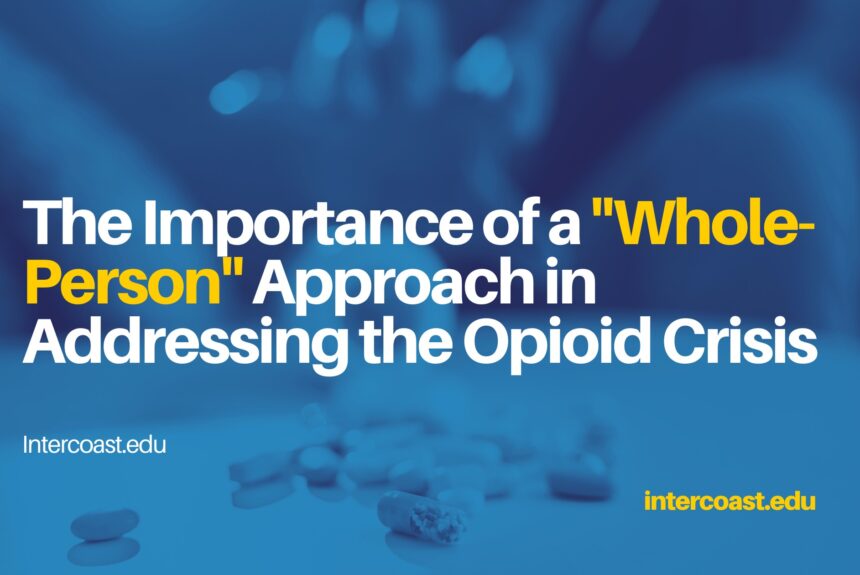The opioid crisis remains a pressing public health challenge, affecting individuals and communities across the nation. The United States is now focusing on addressing the opioid crisis through a “whole-person” approach. This method considers an individual’s physical and mental health needs alongside their social support, potentially leading to more successful treatment and recovery outcomes.
Understanding the “Whole-Person” Approach
A “whole-person” approach involves treating the individual comprehensively rather than isolating their substance use disorder from other aspects of their life. This holistic method acknowledges that addiction is not just a standalone issue but is often intertwined with physical health problems, mental health conditions, and social factors such as relationships and environment.
Judy Redman: The Fentanyl Epidemic, the purity of the drugs on the streets, and the high level of THC in Cannabis products. (Read The Interview here)
Physical Health Needs
Addressing physical health may be crucial because:
1. Chronic Pain Management: Many individuals misuse opioids initially prescribed for pain. Effective pain management alternatives can help reduce reliance on opioids.
2. Co-occurring Health Conditions: Opioid misuse may lead to or exacerbate health issues like respiratory problems, heart disease, and infectious diseases. Treating these conditions can improve overall health and support recovery.
3. Improved Treatment Engagement: When physical health needs are met, individuals may be more likely to engage fully in treatment programs.

Understanding the Mental Health Needs in Opioid Addiction Recovery
Mental health plays a significant role in substance use disorders:
1. Dual Diagnosis: Many individuals with opioid use disorder (OUD) also experience mental health conditions like depression, anxiety, or post-traumatic stress disorder. Integrated treatment may help address both simultaneously.
2. Preventing Relapse: Untreated mental health issues could trigger relapse. Providing counseling and therapy may help individuals develop coping strategies.
3. Enhancing Quality of Life: Addressing mental health can improve overall well-being, making sustained recovery more attainable.

Social Supports
Social factors significantly influence recovery outcomes:
1. Family and Community Support: Strong relationships can provide emotional support and may motivate individuals to remain in treatment.
2. Housing and Employment: Stable living conditions and meaningful employment may reduce stressors that can lead to relapse.
3. Peer Support Groups: Connecting with others who have similar experiences can foster a sense of belonging and provide practical advice for maintaining sobriety.

Benefits of the “Whole-Person” Approach
– Holistic Healing: By treating the person as a whole, underlying issues contributing to addiction can be addressed, potentially leading to more effective and lasting recovery.
– Reduced Healthcare Costs: Comprehensive care may reduce the need for costly emergency interventions by managing health issues proactively.
– Enhanced Recovery Outcomes: Some studies suggest that individuals receiving integrated care may experience higher rates of treatment retention and lower rates of relapse.
Conclusion
Addressing the opioid crisis through a “whole-person” approach is essential for effective treatment and sustained recovery. By considering physical and mental health needs and social support, healthcare providers can offer more personalized and effective care. The emphasis on this approach in the FY24 awards highlights its importance and potential to transform how we address substance use disorders, ultimately leading to healthier individuals and communities.
FY24 Awards https://www.fema.gov/grants/preparedness/shelter-services-program/fy24-awards


